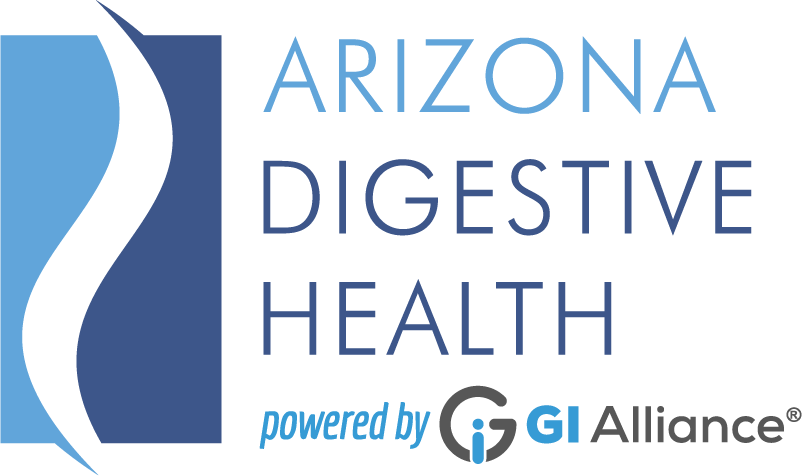Request an Appointment
Gastroenterology Blog
Welcome to the Arizona Digestive Health blog, where we share all manner of news and information about gastrointestinal health in Phoenix, AZ. Whether you are looking for educational bits about your digestive tract or more information about certain diseases and conditions, we have something that you can find relevant to your individual needs and interests. To learn more about how you can improve your digestive health, please browse below to explore our blog.

